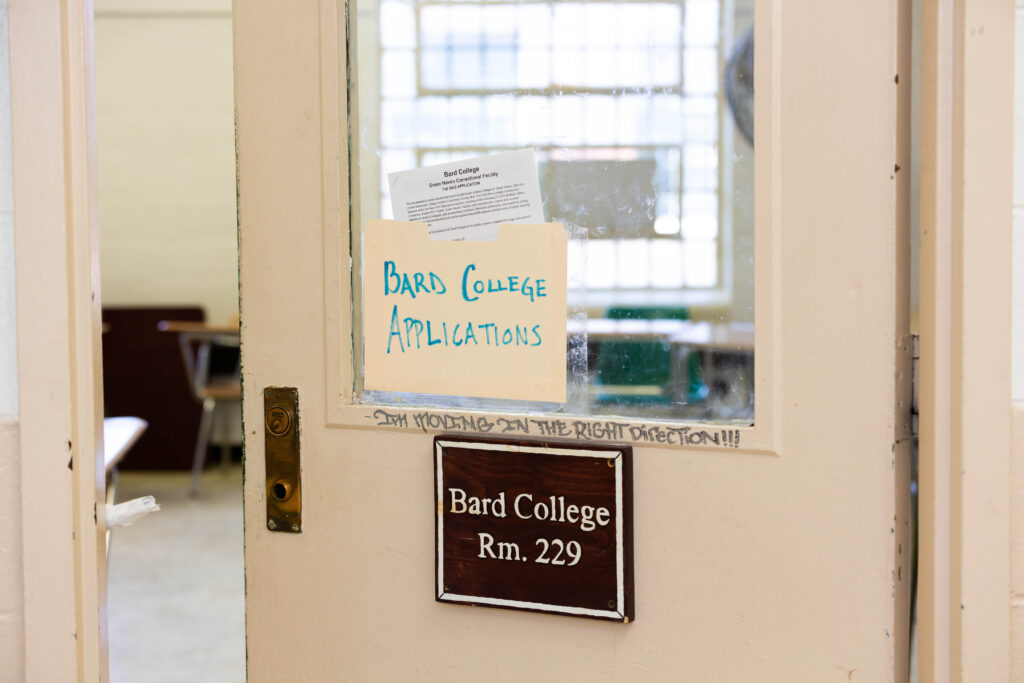State Sen. Robert Peters wants to restore the grants for incarcerated people.
The Illinois Senate is considering legislation to restore the Monetary Award Program funding, or MAP grants, for incarcerated people. These grants help lower-income people attend college.
It is not just a matter of fairness. It’s a sound investment in public safety, economic stability and community well-being. Illinois has barred those incarcerated from accessing MAP funding since 1987, a decision that limits their access to education and potential for rehabilitation.



